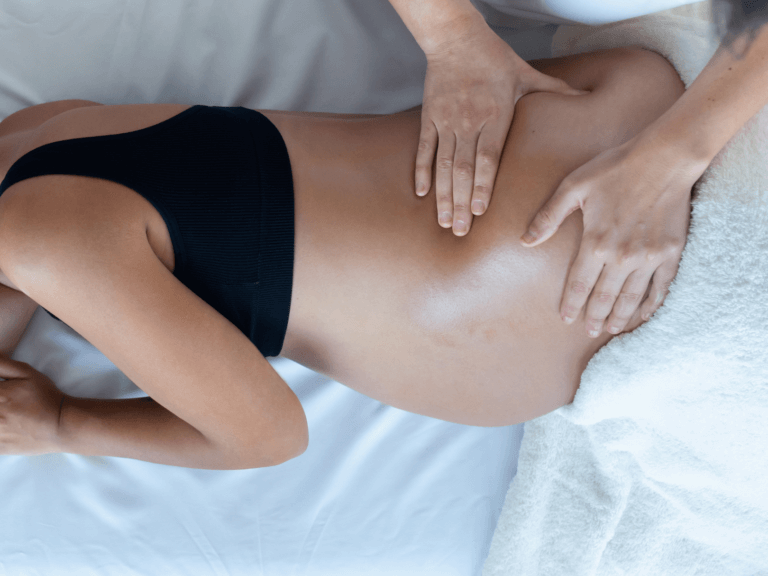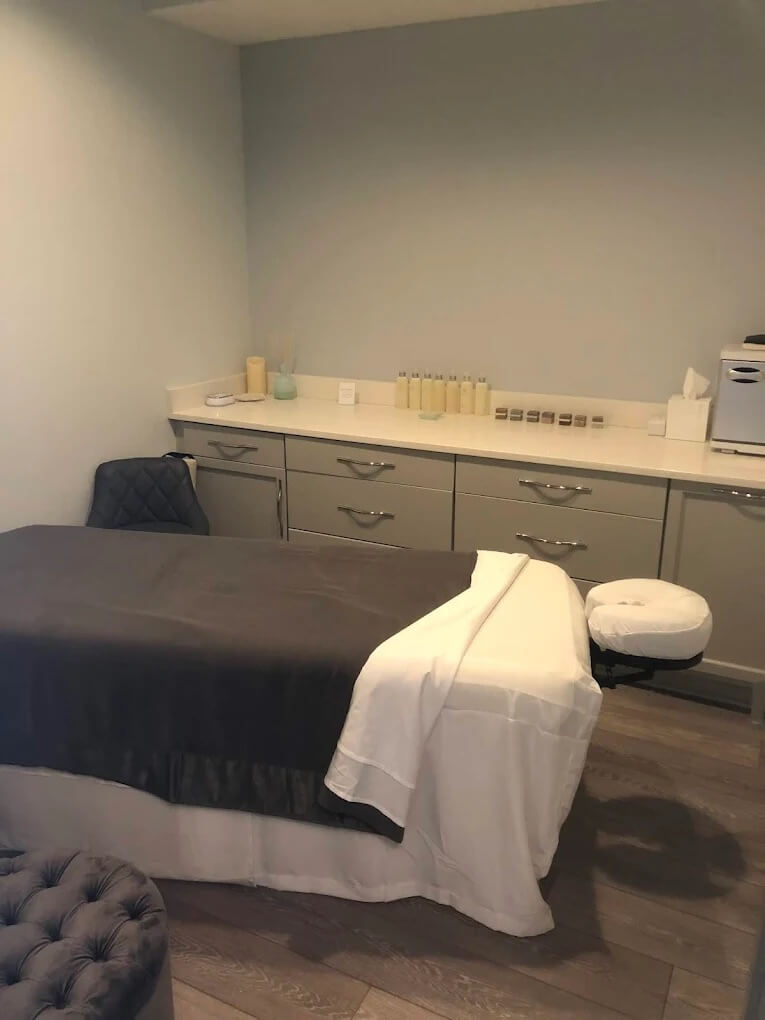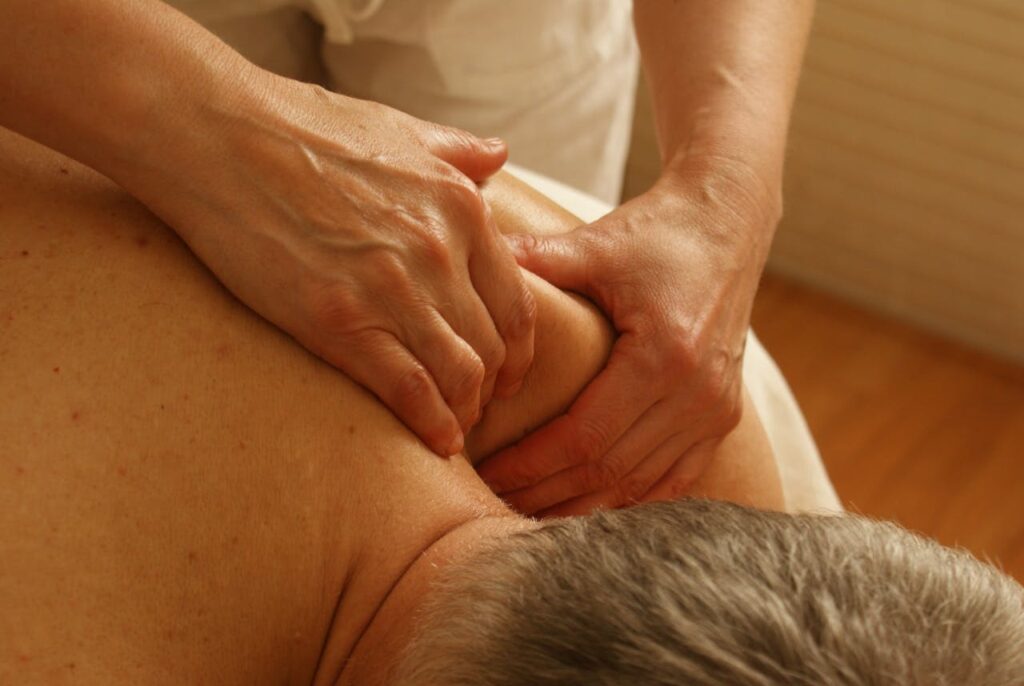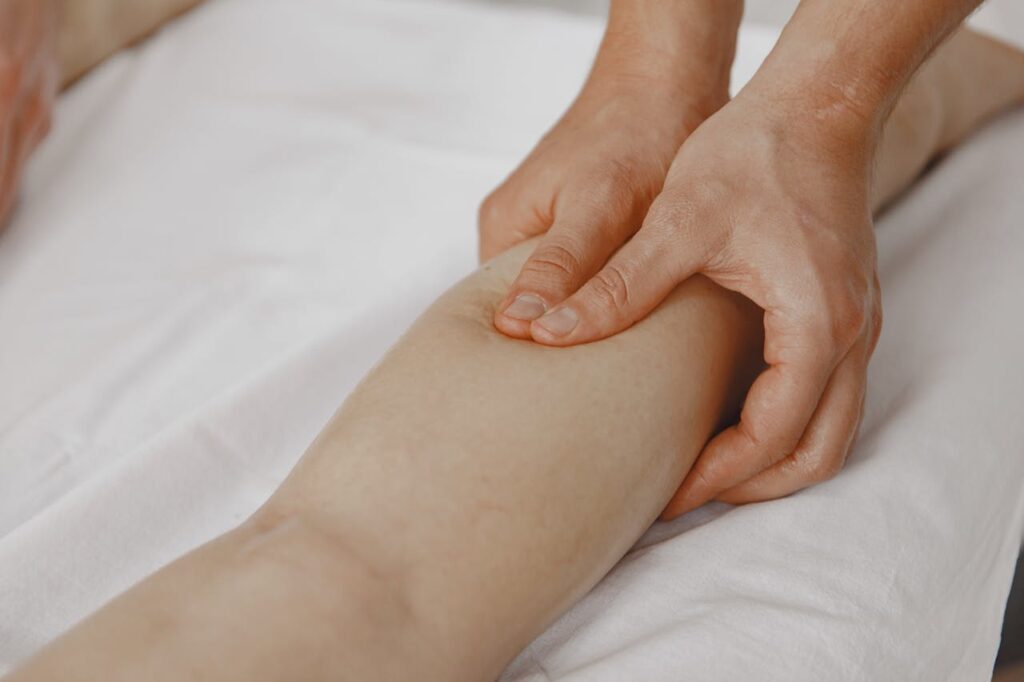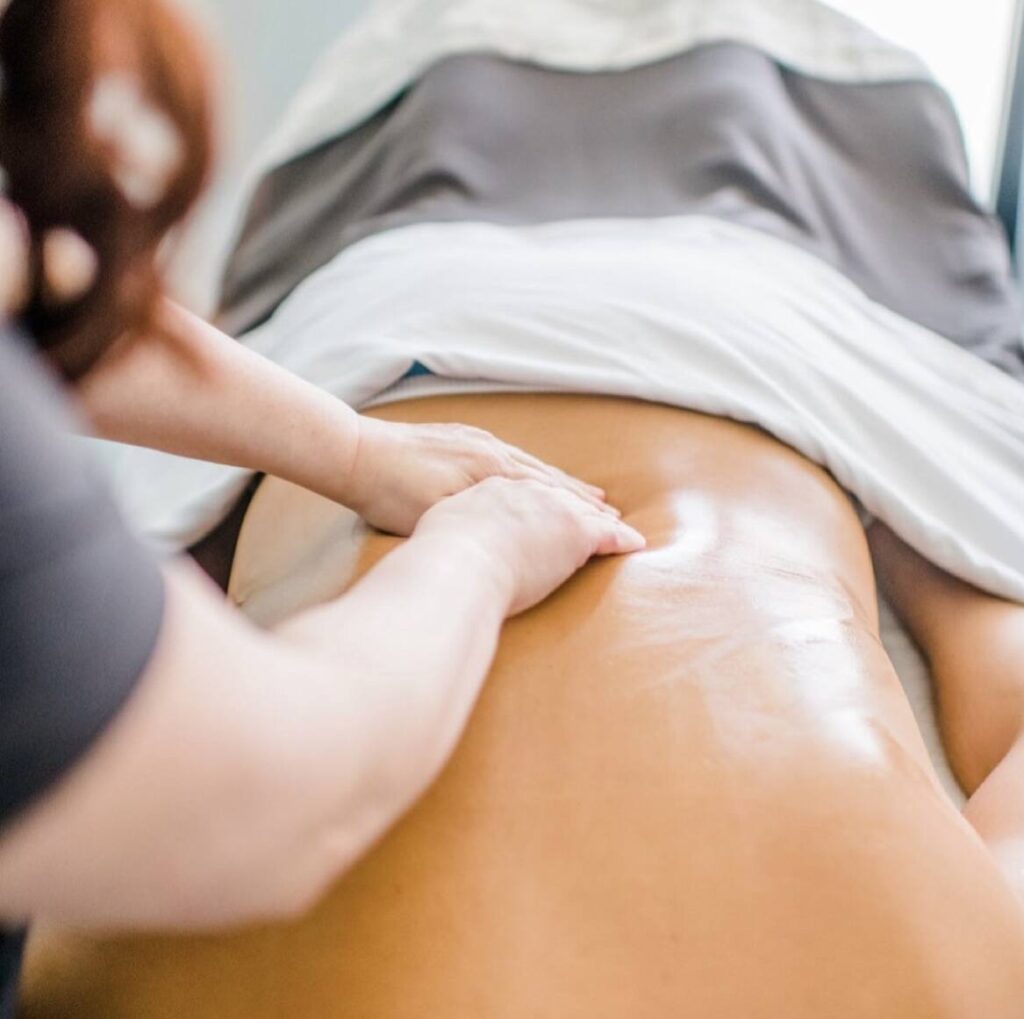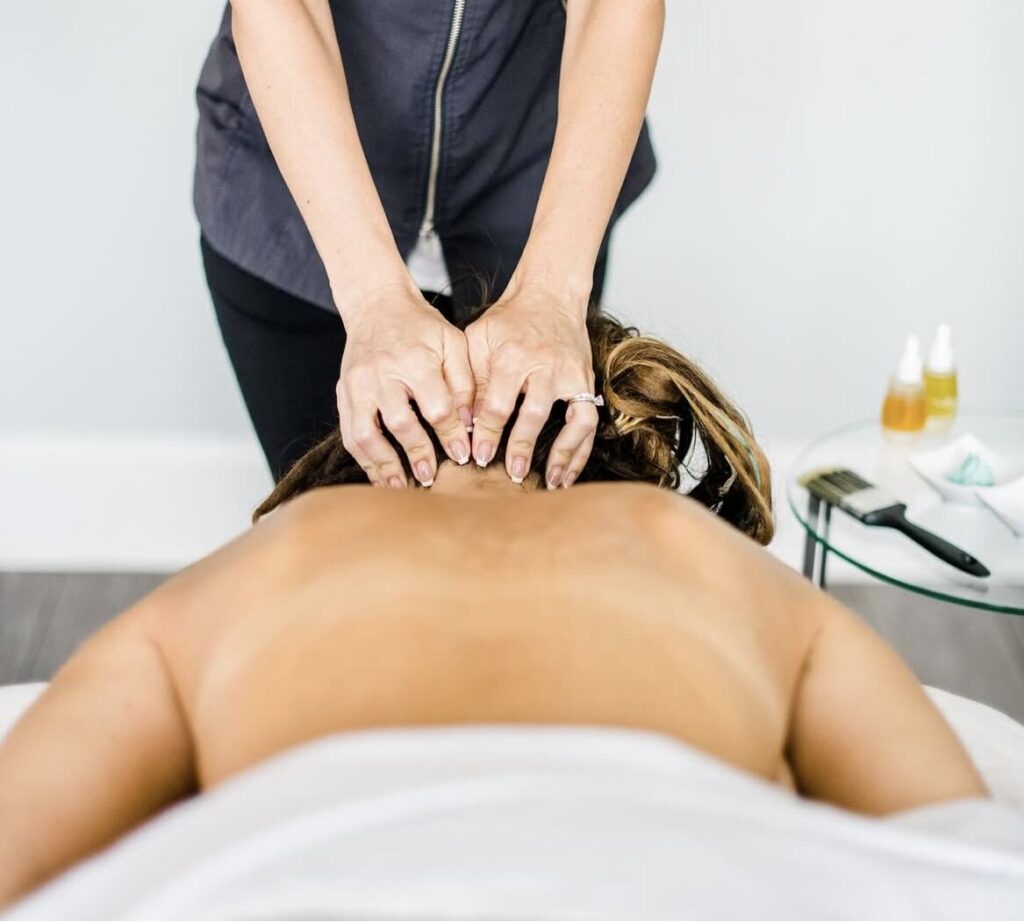Pregnancy brings a lot of changes to your body. Some are beautiful. Some are a bit harder to deal with, like sore hips, swollen feet, or lower back pain. One thing that can really help during this time is a prenatal massage.
If you’re in Wilmington, NC, Coastal Massage & Spa offers calming, supportive prenatal massage sessions. But a question we often hear is: how often should you get one?
What is a prenatal massage?
Before we talk about how often, let’s quickly explain what a prenatal massage actually is.
This type of massage is all about your comfort and relief during pregnancy. Your body’s going through a lot, and prenatal massage helps ease some of the tension. It can relieve lower back pain, reduce swelling, help open the hips, and improve blood flow. Many women say it helps them sleep better, feel calmer, and move more easily.
At Coastal Massage & Spa, we offer prenatal massage in a peaceful space where your comfort comes first. You can lie on your side or use our special pregnancy cushion system, designed to support your growing belly and reduce pressure.
We offer two options:
60-minute prenatal massage – $138
90-minute prenatal massage – $198
And if you’re after something extra relaxing, you can combine it with a Swedish massage, which uses long, flowing strokes that calm your nervous system and boost circulation.
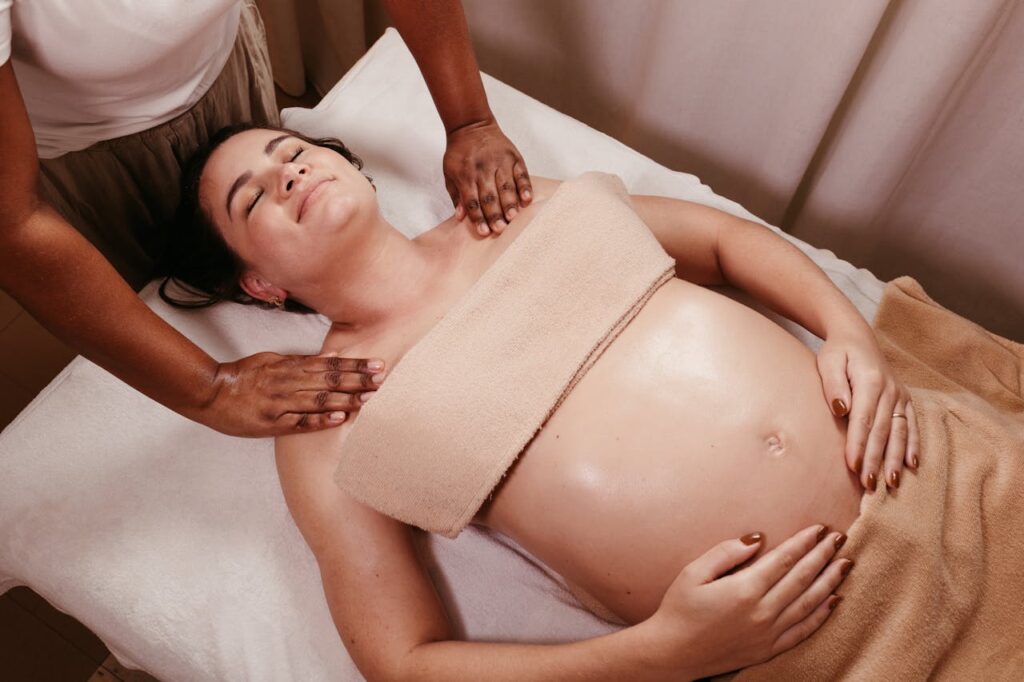
First trimester (weeks 1-12)
Let’s start at the beginning.
In the first trimester, your body is just starting to adjust. Hormones are shifting, fatigue kicks in, and nausea might show up too. Many women are unsure if prenatal massage is safe at this stage. The short answer? Yes, it can be safe, as long as it’s done by someone trained in prenatal massage.
At Coastal Massage & Spa, our massage therapists are professionally trained to understand the do’s and don’ts of prenatal massage, including in early pregnancy.
If you’re feeling tired, anxious, or just want to relax, one session every 3-4 weeks in the first trimester might be enough. Your body is still adjusting, and gentle support through massage can really help your nervous system settle.
Remember, always talk to your doctor before getting a prenatal massage, especially early on.
Second trimester (weeks 13-27)
This is when things usually start to feel a bit easier. Many women get a burst of energy in the second trimester, but aches and pains can also begin here, especially in the lower back and hips.
This is a great time to book regular prenatal massage sessions. Once every 2–3 weeks can really help ease tension as your belly grows and your posture shifts.
Blood circulation also becomes more important now, and prenatal massage helps with that too. Better circulation means less swelling and more oxygen flowing through your body, which can also benefit your baby.
If you’re in Wilmington, NC, this is a great stage to make Coastal Massage & Spa your regular self-care spot. Our therapists understand how your body is changing and can adjust the pressure and position to keep you comfy.

Third trimester (weeks 28-birth)
The last stretch! Your belly is much bigger now, and the baby is putting extra pressure on your lower back, pelvis, and even your ribs.
In the third trimester, many women find that weekly prenatal massage sessions make a huge difference. Once a week helps manage pain, reduce swelling, and calm your nervous system before birth.
Prenatal massage also helps your hips stay loose and your body more relaxed, which can be useful when it’s time for labour. Plus, feeling calm and supported helps lower stress hormones like cortisol and boosts feel-good hormones like serotonin and dopamine.
Even though baby isn’t getting the massage directly, a calm mum means a calm environment. Your baby can actually benefit from you feeling relaxed, rested, and well-supported.
What if you’re past your due date?
Yes, you can still get a prenatal massage if you’re past 40 weeks. In fact, many women find that it helps them relax in the days leading up to labour. Your massage therapist can focus on specific points that may encourage your body to get ready.
Again, make sure your therapist is trained and that your doctor gives the okay. At Coastal Massage & Spa, we’re experienced in supporting women at every stage of pregnancy, including those last few slow days when you’re just waiting for things to begin.
Some final tips
Always talk to your doctor before booking a prenatal massage, especially if you have a high-risk pregnancy or medical concerns.
Choose a massage therapist trained in pregnancy massage. Coastal Massage & Spa is proud to have skilled therapists who understand your body’s needs.
Tell your therapist how you’re feeling. Every session can be adjusted for pressure, position, and focus areas.
If you’re ever unsure, trust your gut. Massage should feel safe and calming, never uncomfortable or stressful.
So, how often should you go?
In simple terms:
First trimester: Every 3–4 weeks (if cleared by your doctor)
Second trimester: Every 2–3 weeks
Third trimester: Once a week (or more often if it helps)
Everyone’s different, so there’s no one-size-fits-all answer. But regular prenatal massage is a beautiful way to support your body, ease tension, and give yourself a break. And in Wilmington, NC, Coastal Massage & Spa is here to help.
Book your next massage session and give your body (and mind) some well-earned rest. You and your baby both deserve it.